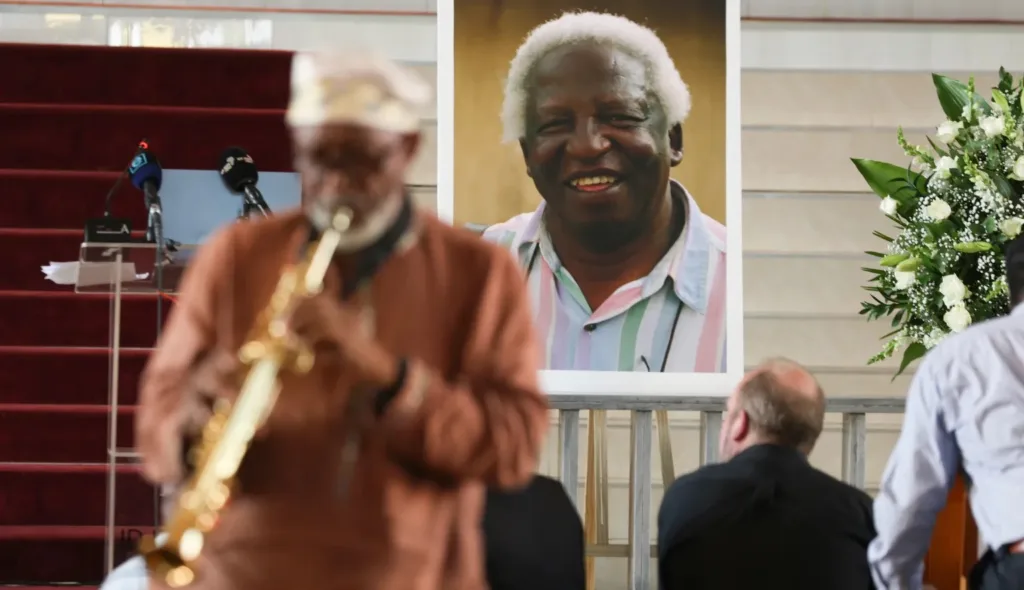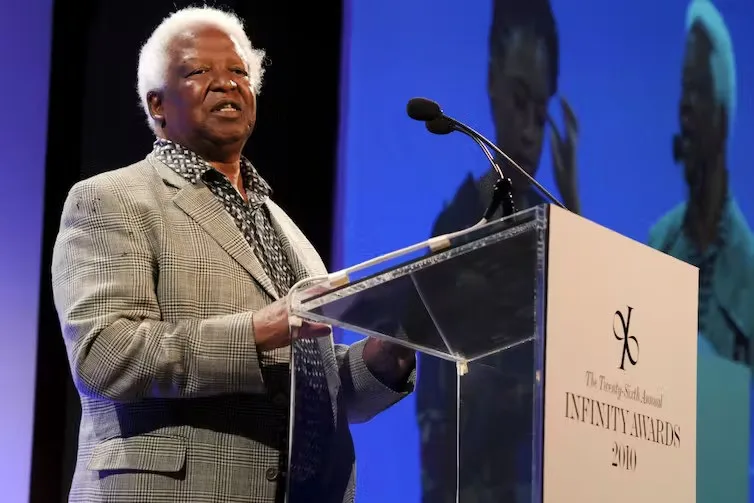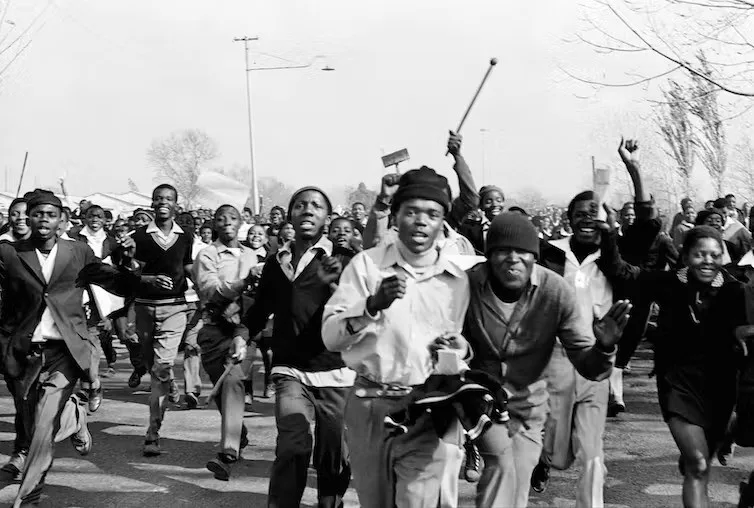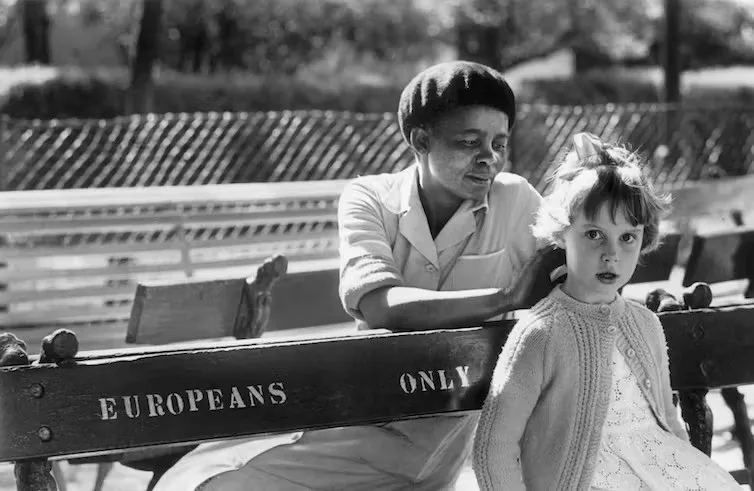In early January 2024, Dr. Peter Sexford Magubane, a valiant South African photographer, who earned global acclaim for his photos that documented the violence of apartheid, passed away at the age of 91. He was honoured during a memorial service at the Regina Mundi Church in Soweto on Monday.

Magubane’s legacy includes an extensive collection of extraordinary photographs, many of which remain iconic representations of the heinous atrocities committed during the apartheid era.

Despite enduring significant personal losses, such as 586 days in solitary confinement in 1969, the burning of his home in 1976, miraculously surviving being shot 17 times in 1985, and the brutal murder of his son Charles in 1992, Magubane’s photographs reflect not only the pain and suffering he witnessed but also the hope inherent in the struggle for a just world.
Magubane, a witness to pivotal events, grew up in Sophiatown, experiencing firsthand the impact of apartheid’s repressive laws. The Group Areas Act (1950), the Population Registration Act (1950), and the Native Laws Amendment Act (1952) profoundly influenced his life.

Following the forced relocation of Sophiatown residents in 1955, Magubane’s family moved to Soweto. His photographic focus on township life later became the subject of several of his books.
Magubane’s career as a photographer took root during the Defiance Campaign in 1952, a period of widespread non-violent resistance to the dompas. In 1954, he joined Drum magazine, swiftly progressing from a driver to a photographer and playing a crucial role in changing the portrayal of Black South Africans in the media.

Documenting events like the 1956 Women’s March and the Treason Trial from 1956 to 1961, Magubane faced arrest and harassment. His images of the Sharpeville Massacre in 1960, published in Life magazine, played a crucial role in bringing international attention to apartheid brutality.
In 1976, Magubane documented the Soweto uprising, producing a book, “Soweto 1976: The Fruit of Fear,” commemorating the tragic events when police killed hundreds of protesters.

His extensive archive includes more than 20 books and earned him numerous awards, including the Robert Capa Award (1986) and the Order of Meritorious Service from President Nelson Mandela in 1999.
Magubane’s indomitable spirit and compassionate vision endure through his work, leaving an indelible mark on the fight against apartheid.


